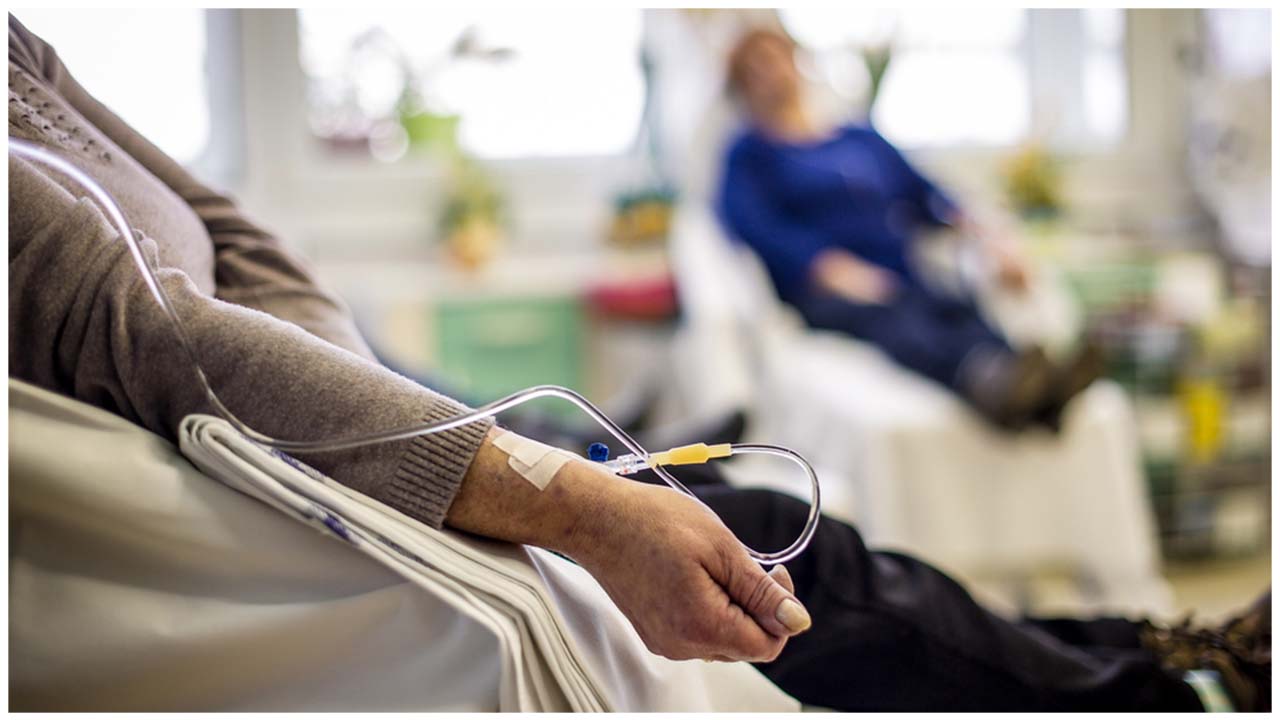Swedish Orphan Biovitrum AB today announced topline results from its phase 3 study of avatrombopag, oral thrombopoietin (TPO) receptor agonist, in solid tumour cancer patients with chemotherapy-induced thrombocytopenia (CIT). Though avatrombopag increased platelet counts relative to placebo as expected, the study did not meet the composite primary endpoint of avoiding platelet transfusions, chemotherapy dose reductions by 15 per cent or greater, and chemotherapy dose delays by four days or more. In the intent-to-treat population, 69.5 per cent and 72.5 per cent of avatrombopag and placebo subjects, respectively, were considered responders for the primary endpoint (p=0.72). In the per-protocol population, 85.0 per cent and 84.4 per cent of avatrombopag and placebo subjects, respectively, were considered responders for the primary endpoint (p=0.96).
It was unexpected that the placebo subjects would have such a low incidence of dose delays and dose reductions and additional data analyses are ongoing to understand this observation. Topline adverse event data for avatrombopag reinforce the existing safety profile and were comparable to that of placebo in this population of cancer patients receiving myelosuppressive chemotherapy.
"While we are disappointed that avatrombopag failed to show efficacy in CIT, we are deeply grateful to the patients, investigators, and clinical site staff who contributed to the study's completion. Due to the lack of an approved treatment, we firmly believe that avatrombopag could benefit patients with CIT. We were pleased to see that few patients required platelet transfusions or dose modifications in this study and were able to receive their chemotherapy without interruption.", said Guido Oelkers, CEO and President of Sobi. "We will continue to focus on the launches of the CLD and ITP indications and peak sales estimates remain unchanged given the potential of the product."
The phase 3 randomised, double-blind, placebo-controlled study was designed to evaluate the efficacy and safety of avatrombopag in subjects with chemotherapy-induced thrombocytopenia (CIT) receiving chemotherapy to treat ovarian, lung (small cell and non-small cell), and bladder cancer. The composite primary endpoint was the efficacy of avatrombopag in increasing platelet counts and therefore preventing the need for a platelet transfusion or chemotherapy dose reduction or delay in subjects with CIT. The secondary endpoint was safety. A total of 122 patients who developed Grade 3/4 thrombocytopenia following a previous cycle of chemotherapy were enrolled in 71 sites around the world.
CIT, a potentially serious complication of chemotherapy, results in low platelet levels and can lead to chemotherapy dose reductions, chemotherapy dose delays, or changes to chemotherapy regimens. For cancer patients receiving chemotherapy with curative intent, alterations in their chemotherapy regimen due to low platelets may compromise their long-term outcomes. Approximately 10 per cent of United States cancer patients per year experience CIT, which may require chemotherapy regimen modifications. Currently, there are no approved treatments available for CIT in the United States or the European Union.
Doptelet is oral thrombopoietin (TPO) receptor agonist that can be administered with no dietary restrictions. Doptelet is approved by both the United States Food and Drug Administration (FDA) and European Medicines Agency (EMA) for treatment of thrombocytopenia (low platelet counts) in adult patients with chronic liver disease who are scheduled to undergo a procedure. In June 2019, Doptelet was approved by the FDA for the treatment of thrombocytopenia in adult patients with chronic immune thrombocytopenia (ITP) who have had an insufficient response to a previous treatment. Chronic ITP is a rare autoimmune bleeding disorder characterised by a low number of platelets, affecting approximately 60,000 adults in the United States. Avatrombopag is designated as an orphan drug in the United States for the potential treatment of chemotherapy-induced thrombocytopenia (CIT).

 The international biopharmaceutical company firmly believe that avatrombopag could benefit patients with CIT
The international biopharmaceutical company firmly believe that avatrombopag could benefit patients with CIT










.jpeg)

.jpeg)










.jpg)




.jpg)

